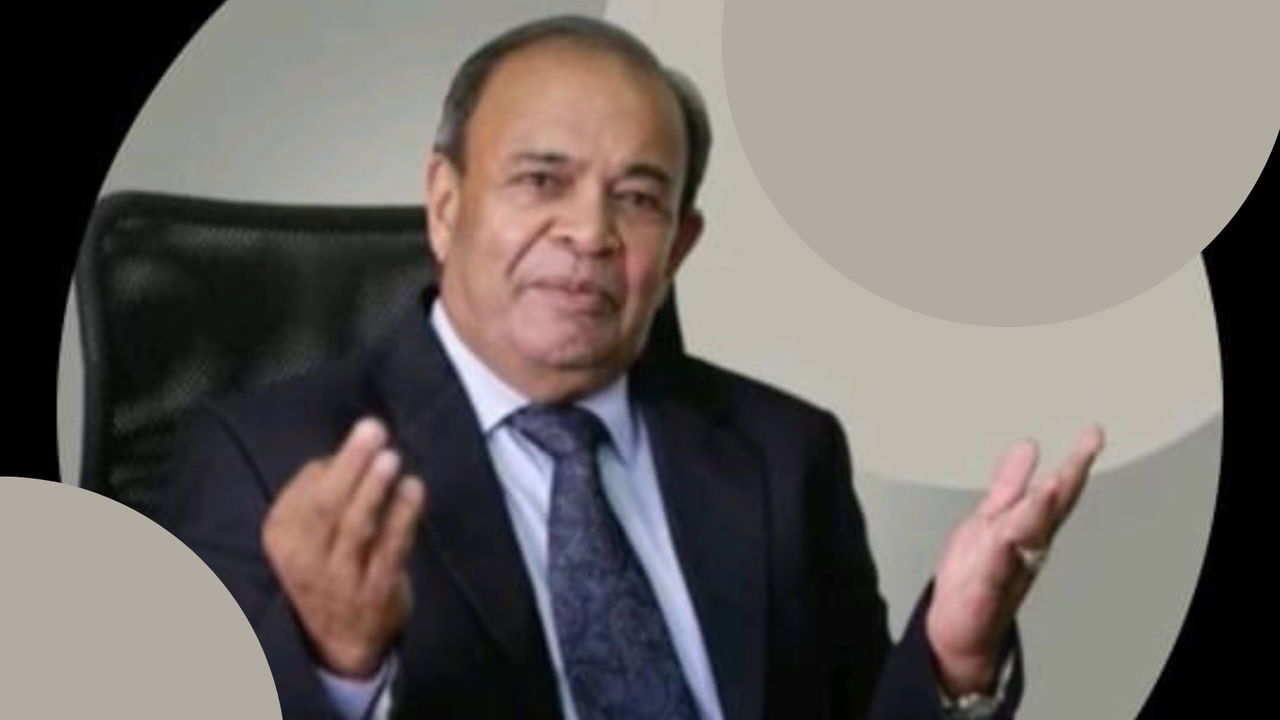
The recent establishment of a Data Protection Committee under the Chairmanship of Faiz Ahmed Kidwai, IAS, Additional Secretary in the Ministry of Agriculture & Farmers Welfare on agrochemicals has raised significant concerns and criticism.
Deepak Shah, Chairman, Crop Care federation of India (CCFI) an apex organization of Indian agrochemical manufacturers has expressed serious apprehension on this move, “ Data Protection favours MNCs and importing lobby and goes totally against the indigenous manufacturing industry. As a first move, we have already sent our representation on 28th November, 2024 to all nodal Ministries listing not only the background information but certain facts on data protection/ exclusivity as this is a well settled issue that there is no provision for data protection to the principal registrant under the Insecticide Act 1968”
Elaborating further and to his dismay he stated “Patent period of 20 years is sufficient for investor to recover their cost spend on the invention, data development and registration. Provision of data protection & exclusivity beyond patent period of 20 years will build monopolised supply and over pricing of pesticides to small, marginal and poor farmers in the country.”
Besides another important document in Parliamentary Committee Report during December 2021 on PMB 2020 clearly states that after due consideration of all stakeholders views, earlier reports and documents it conclusively recommended that, ‘No data protection be given beyond patent period, as patent period of 20 years is sufficient for inventors to gain benefits. No Provision' of Data Protection for the introduction of New Molecules/ Products, will protect the domestic industry and also the Indian farming community will be benefitted with the availability of cheaper yet quality pesticides.
Quoting Ministry of Commerce & Industry recommendation (2015) Deepak Shah stated that Ministries has elaborated the pitfalls of data exclusivity in draft Pesticide Management Bill and suggested to delete the provision of data exclusivity from draft PMB 2008 and also suggested DAC to conduct a study on the impact of data exclusivity on pricing of pesticides The imported formulations which earlier constituted 55% of imports have a very huge margin of profit as high as 200% if not more.
Thus, from the above facts and references it is quite clear that, issue of Data Protection / Exclusivity is well settled and closed matter now being instigated by vested interests. This will not only delay entry of generics by creating additional period of legal monopoly and much higher cost to our farmers but will also make agrochemicals unaffordable to Indian farmers.
Briefing the media he said, only 339 pesticides were registered in last 40 years, which means on an average maximum of 8 pesticides in a year.
Between 2010 to 2022, 62 new molecules were patented in India but only 27 products were commercially launched. Now, the balance patent expired 35 products, why data protection should even be thought about is our basic question” concluded Deepak shah.
















